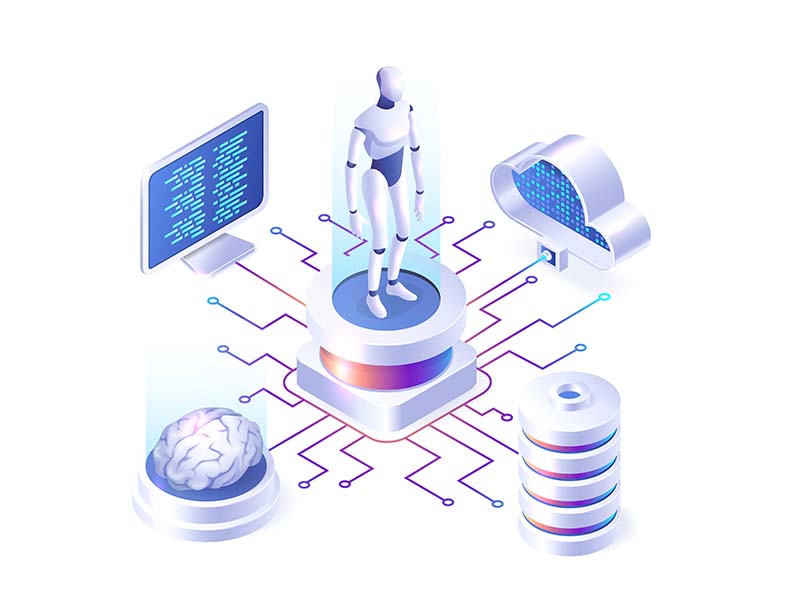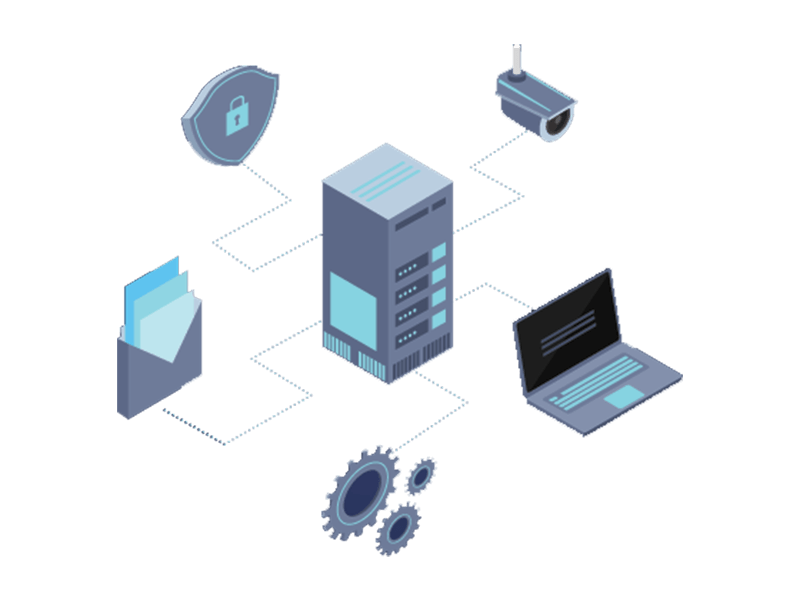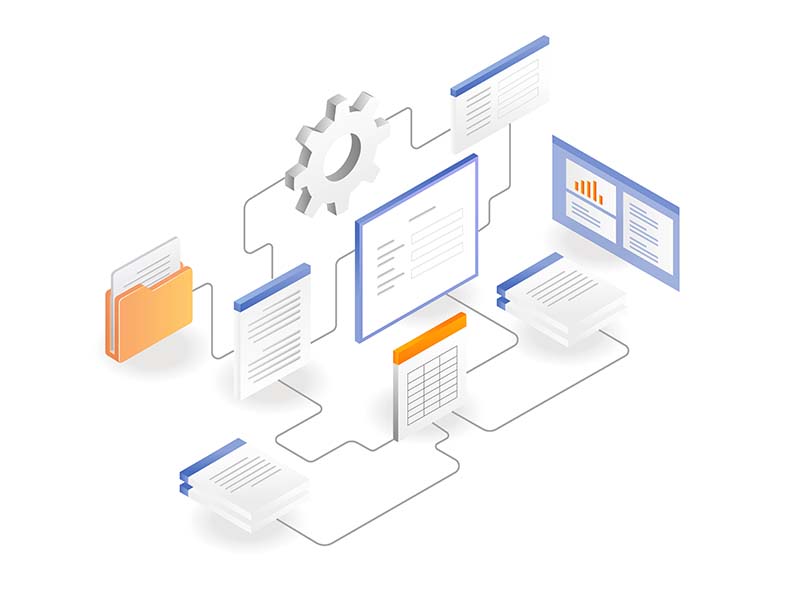ConnectedLife
Devices, Apps, Cloud Systems & Systems Integration
ConnectedLife
Devices, Apps, Cloud Systems & Systems Integration
Connected Devices, Apps, Cloud Systems, Systems Integration
We revolutionize the way chronic conditions are managed, by helping patients, appointed caregivers and physicians to make insightful decisions and improve health outcomes.
What We Do?

Advanced AI Technology
ConnectedLife solutions leverage a combination of sensor technology, the Internet of Things (IoT), and cutting-edge artificial intelligence to create a more personalized and effective approach to detecting, monitoring, and treating chronic conditions. Treatments can ultimately leading to improved outcomes and a higher quality of life for those affected by these conditions.
Modular Technology Stack
Our modular and customizable technology stack offers a versatile and adaptable solution for addressing a wide range of medical conditions, from chronic diseases like Congestive Heart Failure, Epilepsy, Multiple Sclerosis, Alzheimer’s, to conditions like ADHD. This flexibility allows the platform to cater to the unique needs and monitoring requirements of each specific condition, enhancing its effectiveness and relevance across different healthcare scenarios.
The successful launch of COVID-19 solution with Fitbit demonstrates the agility and rapid deployment capabilities of technology stack. By quickly reconfiguring, testing, and refining your platform, our platform can address the urgent and evolving challenges posed by the pandemic. This ability to pivot and deliver a timely solution underscores the potential of your technology to meet emerging healthcare needs.


End-to-end Solution
With ConnectedLife’s capabilities to provide a sophisticated end-to-end solution for AI analytics and data handling, we see the potential to catalyze significant advancements in healthcare and contribute to the development of validated health and medical algorithms for a wide range of conditions. Also to work with an ecosystem of specialists, researchers, and academic partners to drive medical breakthroughs. They can leverage the same sensor data as input, and develop scientific and clinical validated health and medical algorithms for a variety of conditions. The collaborative approach has several key benefits like accelerated research & innovation, robust scientific validation, real-world data insights, potential clinical trials, collaborative learning and knowledge sharing and improving clinical outcomes and quality of life.